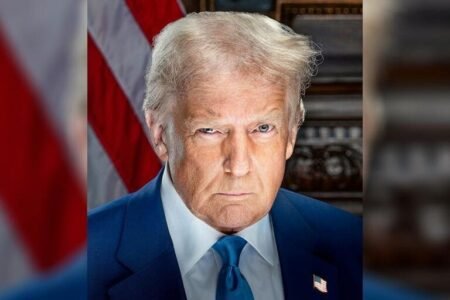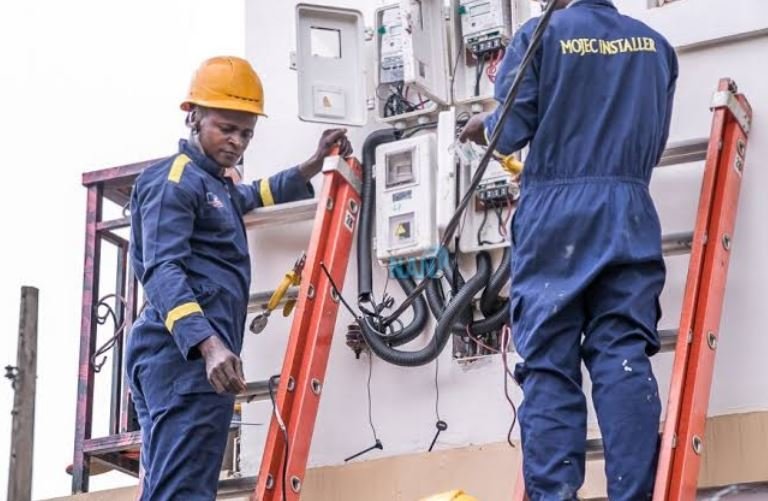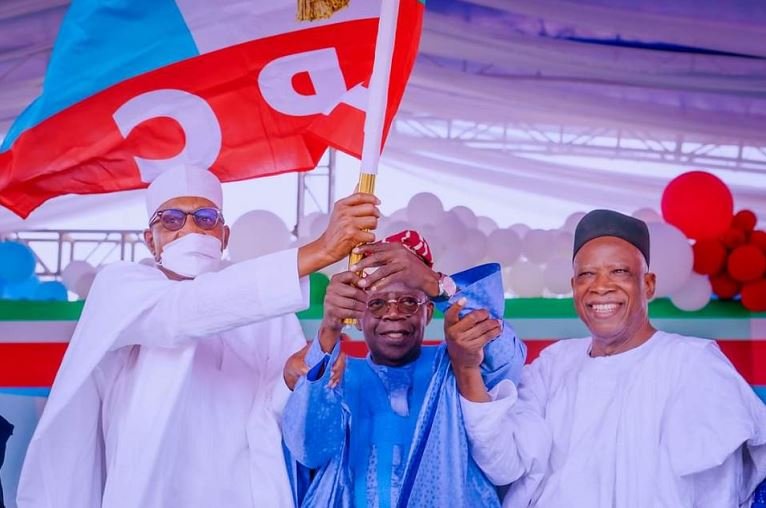A West African court has found Guinea responsible for the killing of protesters in 2012 and ordered it to pay fines, according to documents seen by AFP on Wednesday.
Guinea has six months to pay five billion Guinean francs ($510,000/430,000 euros) to each plaintiff for the six people killed in the crackdown, plus three billion francs each to 15 other victims.
The ruling, dated Tuesday, was made by the Community Court of Justice of ECOWAS — the 15-nation Economic Community of West African States.
Igbo, South-South Leaders Visit Sanwo-Olu
The case dates to bloodshed in August 2012, when people in the southeastern town of Zoghota began a protest against iron-ore miner Vale-BSGR, accusing it of ethnic bias in its hiring policy.
Security forces arrived in the early hours of the following day, killing six demonstrators, the lawsuit said.
In its defence, the state said it had found it “indispensable to secure the site” of the mine, and denied it had committed any rights violations.
But the regional court concluded the state was responsible for “infringements on the right to live” as well as “torture, inhumane, cruel or degrading treatment” of protesters arrested following the crackdown.
A lawyer for the plaintiffs said the case had been brought to ECOWAS as Guinea’s judicial authorities had shown “no intention” of following through on promises to investigate the attack.
After the ruling, attorney Pepe Antoine Lama told AFP that the fine was “insufficient to repair the harm” and noted that the perpetrators had never been prosecuted.
“We continue to fight so that justice prevails one day,” said Lama.
Meanwhile, Guinea’s State Legal Agency, which acted as defender, said it was “astonished to be sentenced to financial reparations” in the case.
“No part of the case justified such a sentence”, the defence added, complaining that the ruling “obscured cases of physical attacks and destruction of vehicles affecting security forces” during the incident.
Conakry “reserves the right to use all means to re-establish the truth,” the agency said.
Human rights groups say impunity is chronic in Guinea, a poor, mineral-rich country with a long history of volatility.
President Alpha Conde, 82, was re-elected for a third term last month, despite protests that have left 130 dead since 2019, according to the opposition.











